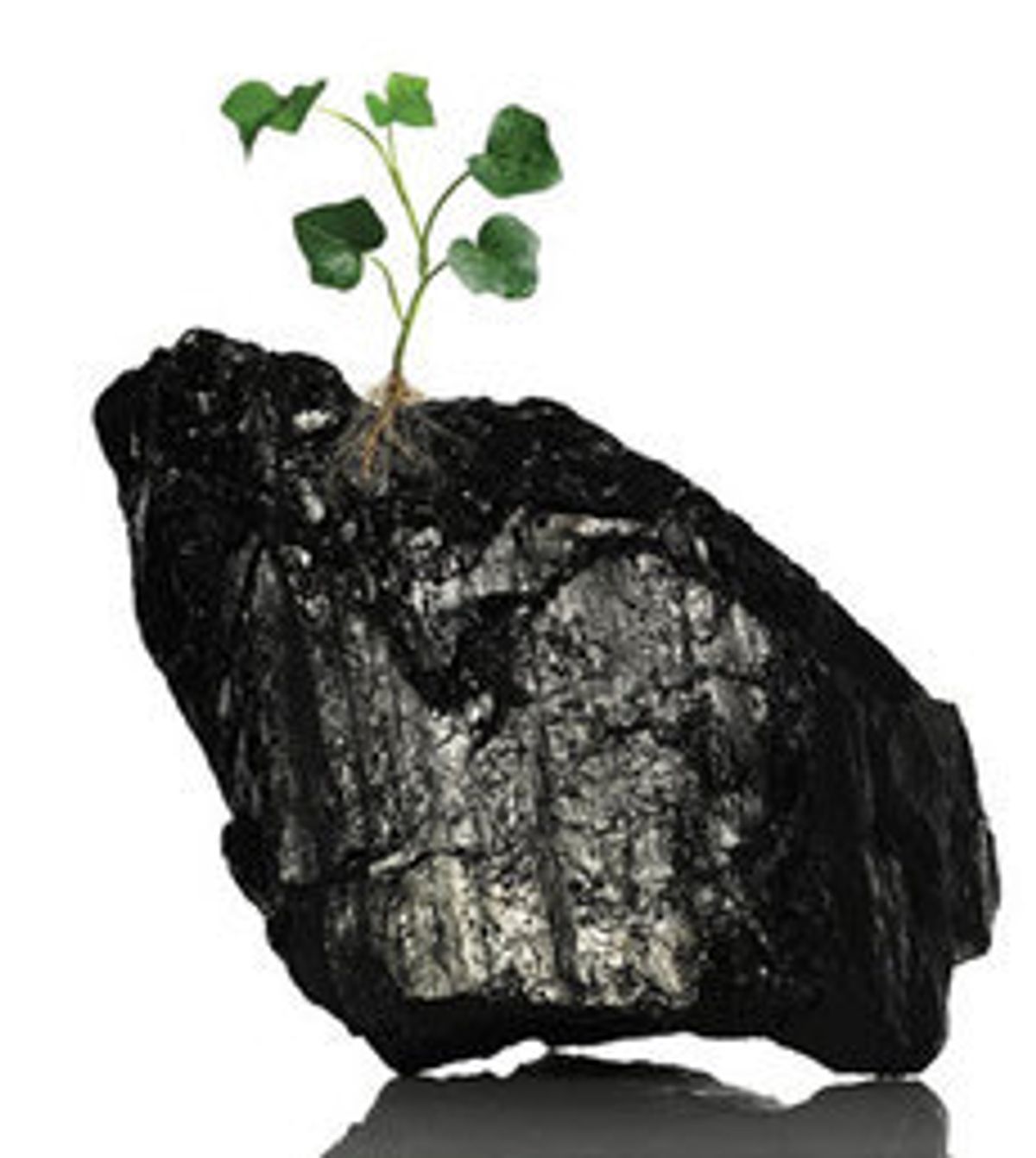The Financial Times of London, widely considered the world’s best newspaper, carried two articles about carbon capture and storage (CCS) last week, both by the daily’s environmental correspondent, Pilita Clark. One carried the headline, “Carbon Capture Plants Choked by High Up-Front Costs,” the other, “Carbon Capture: Investment Pays Off in Field of CCS.”
Somewhat paradoxically, perhaps, the two articles together nicely summarize the whole world’s status with respect to CCS. “For the past five years,” writes Clark in the first article, “the British government has been trying to give away 1 billion pounds to a bunch of energy companies without success. Equally bizarrely, the European Commission in Brussels has been trying to hand out money to many of the same companies from a separate pot of 1 billion pounds.”
Clark goes on to say that the underlying problem is cost: Adding CCS to a fossil-fuel plant can double its capital costs (and that’s not to mention operating costs, which also are higher), and in Europe the problem is compounded by the extra anticipated expense of having to sequester carbon under the North Sea, because nobody would tolerate having it in their backyards. “The end result is the governments have committed $25 billion to carbon capture projects in the last four years without managing to produce a single large commercially operating CCS power plant anywhere in the world.”
The one place representing a possible exception to what might be the rule, as Clark details in the second article, is Canada. With its oil sands industry booming and its greenhouse gas emissions going through the roof, evidently Canada has decided to mitigate the situation as best it can by concentrating a lot of effort in CCS. The utility company SaskPower is building a coal-fired plant outfitted with CCS at Boundary Dam, which is supposed to be operational in 2014. Alberta, the main home of the country’s oil sand deposits, has committed to spending close to $2 billion on four CCS projects in the next year. All four are supposed to come on stream by 2015.
The only other commercial-scale CCS project nearing completion is the coal-fired plant in Kemper County, Mississippi. Though the United States is not as firmly committed to a fossil future as Canada, anybody following the presidential campaign will have noticed that coal remains a big bone of contention.
However the politics of greenhouse gas reduction evolve nationally and internationally, it is scarcely conceivable that the world will be able to do without CCS in the long run, as Clark observes. As reported here, the World Bank recently warned that if the world does not radically change course, the effects of higher temperatures will be “devastating.” The International Energy Agency has drawn attention to global subsidies for fossil fuels that totaled more than $500 billion last year. The World Resources Institute fears that 1200 new coal-fired plants may be built in the next decades, which would make global devastation a virtual certainty.
Clean coal: a carbon capture unit at Longannet power station, Scotland
It scarcely seems possible in these straitened times but for the last five years, the British government has been trying to give away £1bn to a bunch of energy companies without success.
Equally bizarrely, the European Commission in Brussels is struggling to hand out money to many of the same companies from a separate pot of more than €1bn.
Clean coal: a carbon capture unit at Longannet power station, Scotland
It scarcely seems possible in these straitened times but for the last five years, the British government has been trying to give away £1bn to a bunch of energy companies without success.
Equally bizarrely, the European Commission in Brussels is struggling to hand out money to many of the same companies from a separate pot of more than €1bn.


